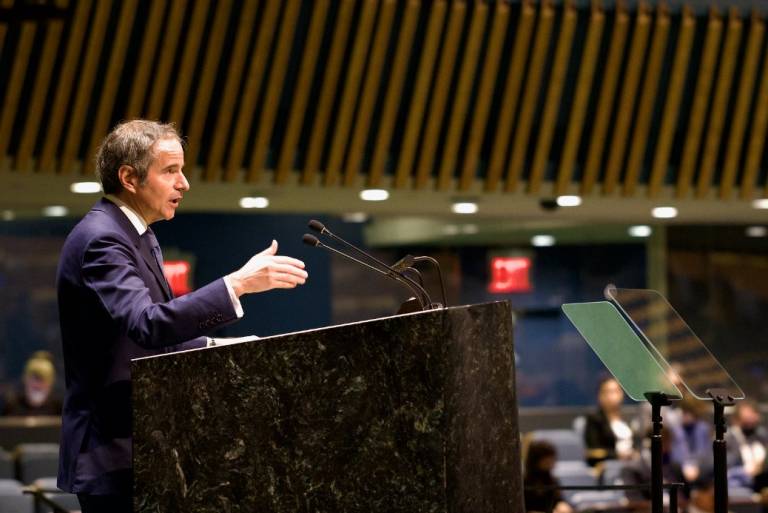Student blog by Johannes Laaksonen*
Walking through bigger cities in Finland public spaces demonstrates how the nature of security provision is changing. Security guards from the private sector companies are tasked to maintain order at train stations and inside trains. Matters of access control and lobby services to institutions of public significance (such as hospitals or government buildings) are also increasingly being handled by private sector security service providers. This trend has advantages and disadvantages, but, in my opinion, the public needs to be aware and informed of the decisions that are being made about the provision of their safety and security. Decisions for these processes and practices must be transparent and happen under democratic oversight.
Already 10 years ago, the ratio of police personnel to private security personnel in Finland was, according to an industry group, 7500 to 10 000 (CoESS, 2009). In what can be seen as a broader neoliberal turn in public administration, the growth of this gap since then and today can be expected. Globally, private security personnel are already often the first line of response in critical emergencies, such as mall shootings or terror attacks (Abrahamsen, Williams, 2011). How does this trend of privatization affect the role of security as a public good? Is this a trend the public should embrace or be cautious of?
As societal security environments grow more complex, governments and public security institutions are tasked with the challenge of proportional and effective response and control. In addition, the costs of these responses must be in alignment with the broader economic factors and realities of the state. Outsourcing security functions can be seen as a “public value” proposition, as it reduces the costs to the taxpayers and strengthens the private sector. We should, however, be cautious of some of the proposals framed under the public value agenda, as it poses serious questions about the foundational democratic values of public sector service provision (Dahl, Soss, 2014).
Violence, and operatively the use of force, have traditionally been seen as a monopoly of the state. In democratic Nordic states, for example, the transparency in governance also translates to transparency in use of force. Outsourcing this has the danger of muddying the relationship between the protector and the protected. As a population, we might trust the Police, but can we place equal trust in the private service providers that the state utilizes? If the face of public order slowly shifting from the “blue uniform” to a variety of uniforms, we might, in my opinion, endanger the legitimacy of state-controlled use of force. It might not take many cases of excessive use of force for the public to start asking serious questions. In developing countries where corruption is rife, we have already seen cases where the private sector security companies are being framed as a source of insecurity instead of a contributor to public order (Abrahamsen, Williams, 2011). While the strong institutions and institutional processes in the Nordic countries make these kinds of threats distant, careful examination of all warning examples that the privatization of security functions might bring along remains crucial.
On the other side of the argument, it is noted that the protection of the state has become a matter of increased complexity, and that the protection of the state must be, as the at-the-time U.S President Barack Obama framed in it 2015, “a shared mission of the government and the industry working hand-in-hand”. Indeed, in 2003, the study by Alison Wakefield identified that the combination of collective feeling of insecurity around the complex nature of contemporary risks, and the segmentation of state control with expansion of social control in public spaces, contribute to the erosion of state’s monopoly on policing (Wakefield, 2003). Alternatives must be found to tackle these complexities, and employing private sector actors that reside “closer to the communities” might help in managing emerging risks and threats. Furthermore, these actors can be seen as being more flexible and with more real-time awareness in security and safety support. In addition, the growth of mass private property, and the localization of public life to privately controlled sites poses new questions about the responsibility for management of safety and security as a good provided by public or private sector (Wakefield, 2003).
Based on these observations, it is clear that the modern security environment requires close coordination and cooperation between the traditional public sector providers of security and order, and the businesses that operate in the field of private sector security provision. What, in my opinion, is less clear is how the state should approach its role in this new environment. In the world of increased private-public coordination in security, the state should not forget its primary role as a regulator. Unchecked increase in private security provision might lead to “more” security, but will, in my opinion, result in unequal distribution of it. State’s primary role should be to ensure that all citizens have equal access to security and safety services, and that the state remains as the primary focal point for the use of force. In this argument, the state’s role should be that of steering and making sure that security is distributed equally, while also encouraging free enterprise and innovation.
The role of citizens participating in democratic processes is even more important. Everyone should be aware of these trends affecting the provision of their own safety and security. As voters and “end users” of these security services, we should be vocal about decisions made about our own safety and security.
*This student blog post has been done as part of the course SAFS01 Societal Security: Contemporary Challenges in the Masters Degree Programme in Security and Safety Management (SAFER) in fall 2019.
References
Abrahamsen, Rita. Williams, Michael C., Security Beyond the State: Private Security in International Politics. Cambridge University Press. 2011.
Confederation of European Security Service, Private and public security in the Nordic Counties. 2009.
Dahl, Adam. Soss, Joe., Neoliberalism for the Common Good? Public Value Governance and the Downsizing of Democracy. Public Administration Review (Vol. 74), 469-504. 2014.
Wakefield, Alison, Selling Security: The Private Policing of Public Space. 2003.





